Omega-3s are known to be good for our health, and they can help with several things like reducing inflammation, improving mood and sleep quality, and even helping us manage our weight. But it's not always clear how much omega-3 we need or whether all sources are equal in their benefits. In this article, we'll look at some of the most common sources of omega-3 fatty acids and why they might be beneficial for your health.
What are Omega-3s?
Omega-3s are a family of essential fatty acids that promote heart health, brain function and normal growth and development. The two main types of omega-3 fatty acids are eicosapentaenoic acid (EPA) and docosahexaenoic acid (DHA).
Fatty fish such as salmon, mackerel and sardines contain EPA and DHA. The human body does not produce these fatty acids naturally, so it's important to get them through your diet. Other foods with EPA and DHA include eggs from hens fed flax seeds or algae, certain types of algae (spirulina) or microalgae oil (like canola oil).
What are the benefits of Omega-3s?

Certain types of fish and seafood and some plant foods like walnuts and flaxseed contain Omega-3 fatty acids. They help promote heart health, brain development and function, joint mobility, and more.
1. Improving heart health
Omega-3s can help improve blood pressure, cholesterol levels and triglyceride levels. This can reduce your risk for heart disease. Research shows that eating foods high in omega-3s or taking fish oil supplements can reduce the risk of coronary heart disease by up to 30 per cent.
2. Cognitive function
Studies show that people who take supplements with omega-3s have better cognitive function than those who don't. Researchers believe this may be due to their ability to reduce inflammation throughout the body and brain.
3. Protecting against cancer
Omega-3s can help to reduce the risk of developing certain types of cancer. The evidence that omega-3s protect against cancer is strongest when it comes to breast cancer, colon cancer and lung cancer. There's also some evidence that they may have benefits for pancreatic cancer and ovarian cancer.
4. Helping with brain health
Several studies have found that omega-3 supplements may improve memory and brain function. This is especially true for those who have memory problems related to aging or other conditions such as Alzheimer's disease or dementia.
What fruits contain Omega-3s?
There are a lot of fruits that contain Omega-3s, but there are some that stand out as the best.
- Blueberries are the most popular fruit to get your omega-3s from. They're good for you, and they taste delicious. They're also easy to find in stores and in restaurants, so you can enjoy them year-round.
- Figs are another great source of omega-3s. Figs are also high in fibre and calcium, which makes them perfect for people who want to eat healthy without sacrificing flavour or pleasure.
Other fruit sources of Omega-3s are mangoes, avocados and muskmelons.
What vegetables have Omega-3s?
Omega 3 vegetables are a great way to add some extra nutrients to your diet. These veggies are full of vitamins, minerals and fibre. They also have a low-calorie count. Some of the best include:
- Seaweed and Algae
- Cauliflower
- Spinach
- Brussels Sprouts
What are the best foods for Omega-3s?
Omega-3 rich foods are a great way to get the healthy fats your body needs to function at its peak. The following are some of our favourite omega-3 rich foods.
- Salmon is one of the richest sources of EPA and DHA. It can be cooked or eaten raw as sushi.
- Walnuts contain ALA (alpha-linolenic acid), which is converted into EPA and DHA in the body. It's also known for reducing inflammation and helping with weight management.
- Chia seeds are also rich in ALA, fibre, and antioxidants.
- Flaxseed oil contains ALA as well as vitamins A, B1 through 3 (or thiamin), B6, E and K. It also contains magnesium, phosphorus and other nutrients.
How to add Omega-3s into Every Meal

Omega-3s for Breakfast
Start your day with a hearty breakfast of eggs and salmon. Eggs are high in protein, which will keep you feeling full for hours, and salmon is an excellent source of omega-3s, which will help keep your heart healthy. Just make sure not to overdo it—you want to start your day off right, not feeling too full.
Omega-3s for Lunch
For lunch, try adding some tuna to your salad. Tuna contains high levels of omega-3s and protein, so it'll keep you feeling full while also helping to lower cholesterol levels in the body. Add some romaine lettuce and tomatoes for some crunch.
Omega-3s for Dinner
For dinner, try eating some chicken breast or salmon with a side of broccoli or asparagus. The chicken breast is an excellent source of protein while also containing healthy fats that can improve brain function; broccoli and asparagus have been shown to lower blood pressure and reduce inflammation in the body.
Omega-3s Snacks
Here are some delicious ways to up your intake of the "good" fats found in fish.
- Salmon jerky - A snack that's low in sugar and high in protein and omega-3s. This jerky is a great way to get a little fishy flavour while on the go. It also works well paired with some fresh fruit or veggies!
- Almond butter - Almond butter is the perfect way to get your daily dose of omega-3s—and it tastes amazing too! Try spreading it on toast or adding it to smoothies for a boost of protein and healthy fats.
-
Avocado toast - Avocado toast is a great way to eat avocado because it's so versatile! Pairing it with other foods like eggs or salmon makes it more filling and gives more energy throughout the day.
Are There Omega-3 Supplements?
Omega-3 supplements are available in different forms, including fish oil and flaxseed oil. They are used to supplement the diet with omega-3 fatty acids. They come in several forms, and fish oil comes in both natural and processed forms.
Fish oil is a good source of EPA and DHA, two types of omega-3 fatty acids that are found naturally in fatty fish like salmon. However, fish oil supplements are also available. Both kinds of fish oil contain EPA and DHA, but supplements may be more concentrated or less expensive than the natural product. Fish oil supplements are available as liquids or capsules. Some people prefer the liquid form because it's easier to swallow than pills. Others like the convenience of taking a capsule on their way out the door without having to remember to bring along a glass of water.
Takeaway on Omega-3s
Omega-3s are an important part of a healthy diet. We encourage you to incorporate them into your daily meal plan whenever possible. There are many ways to do this. You might try adding a few tablespoons of flaxseed oil to your morning smoothie or sprinkling chia seeds on top of your salad for lunch. You could also consider taking fish or fish oil supplements.
Although some people may not see the immediate benefits of eating omega-3s, it's important to remember that they're working behind the scenes. Omega-3s play an important role in lowering blood pressure and cholesterol levels, which can help prevent heart disease down the road. So while you might not notice any immediate changes after eating more omega-3s, they will be helping your body function at its best!
Recommended Omega-3 Supplements






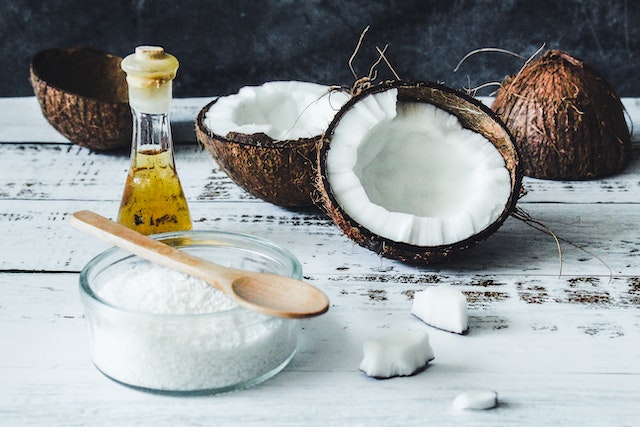
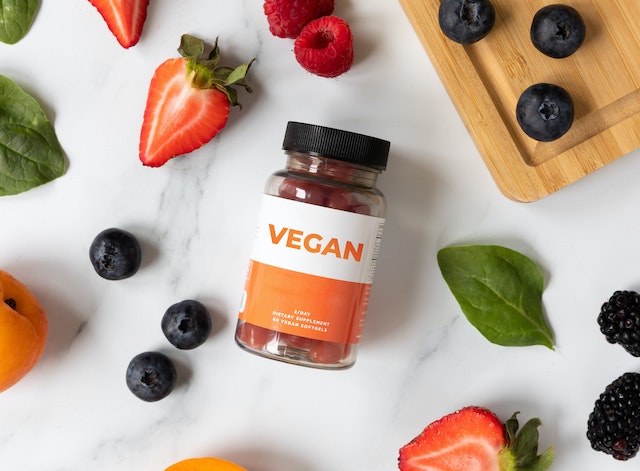
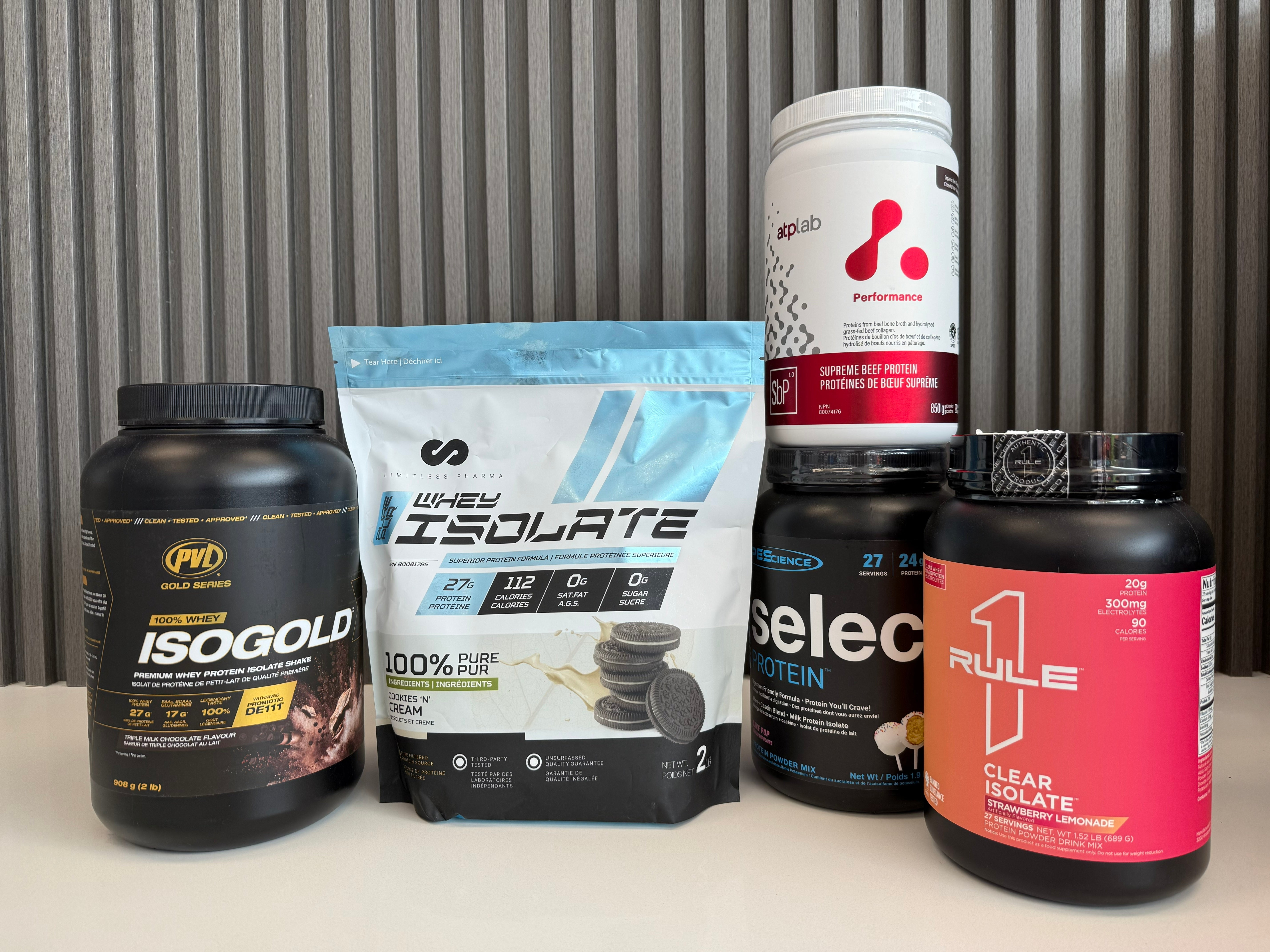
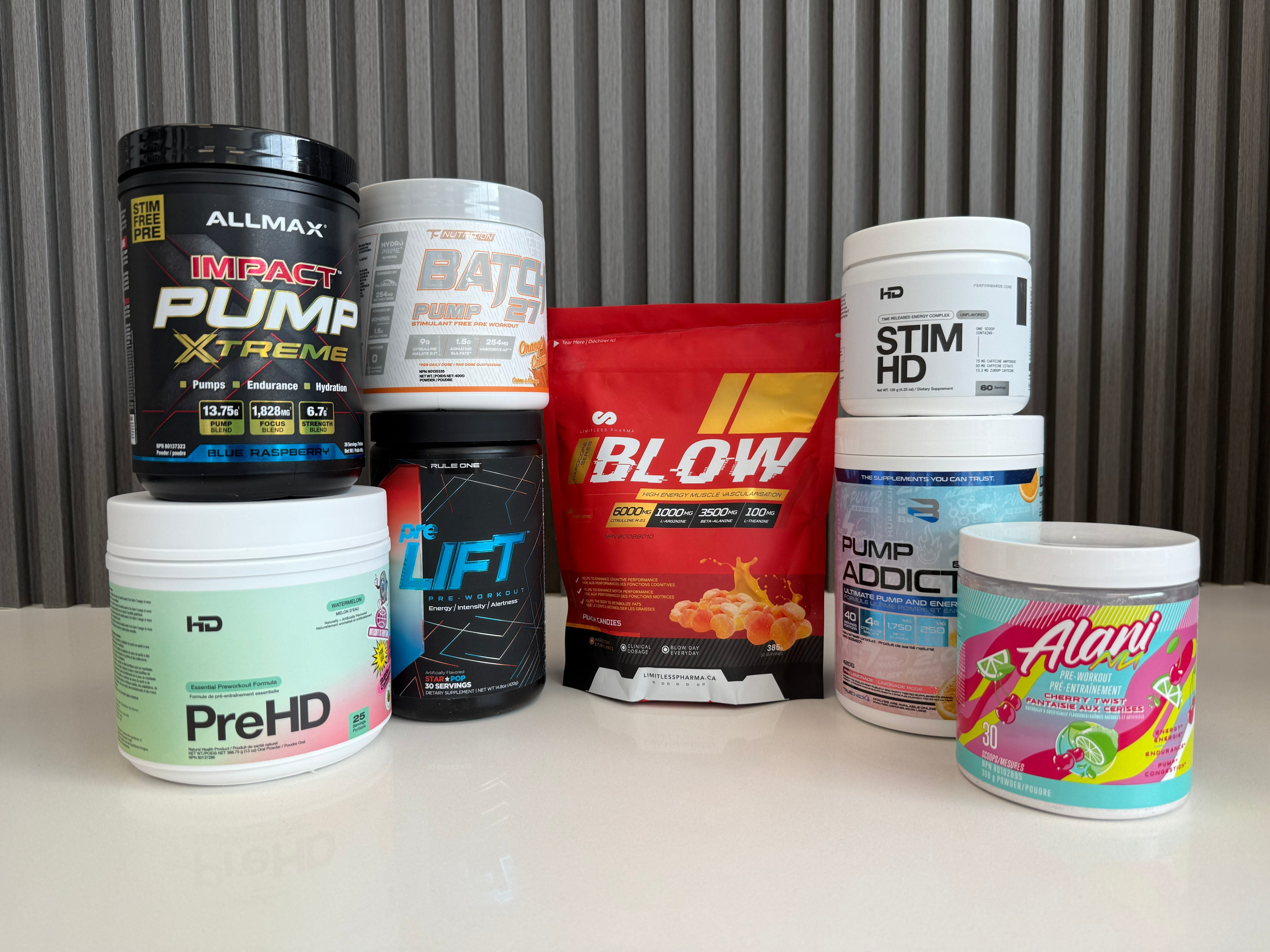
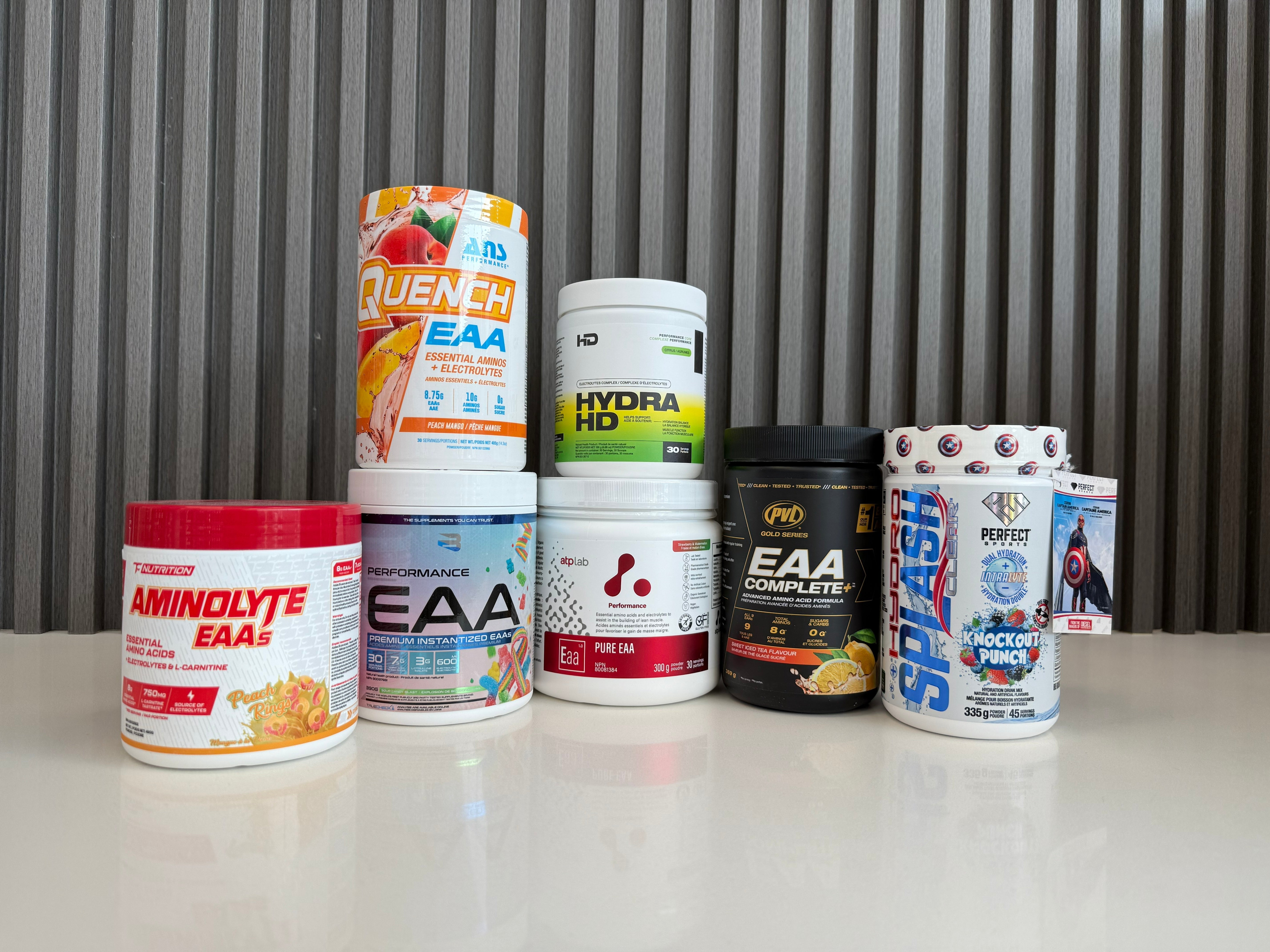
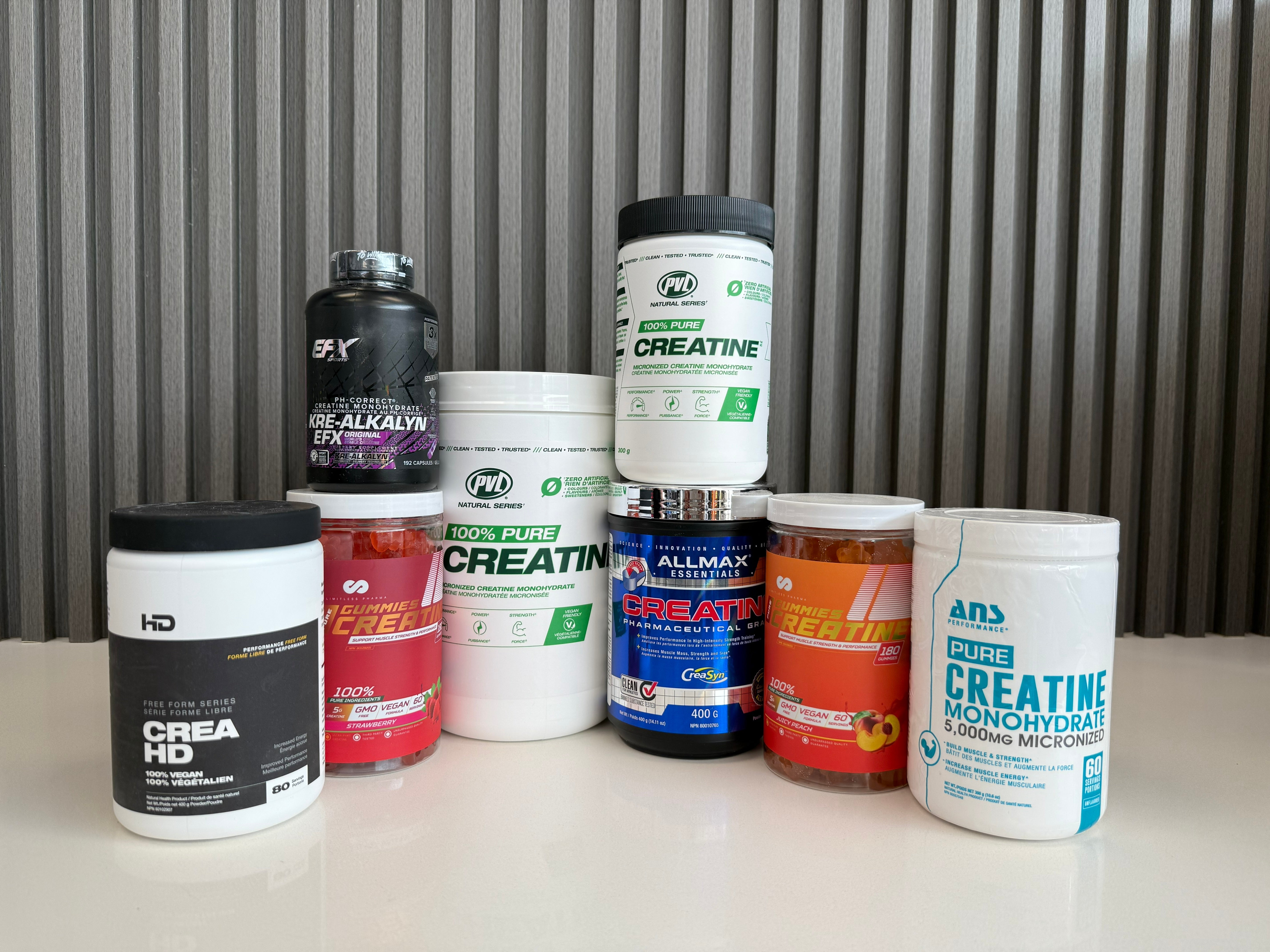
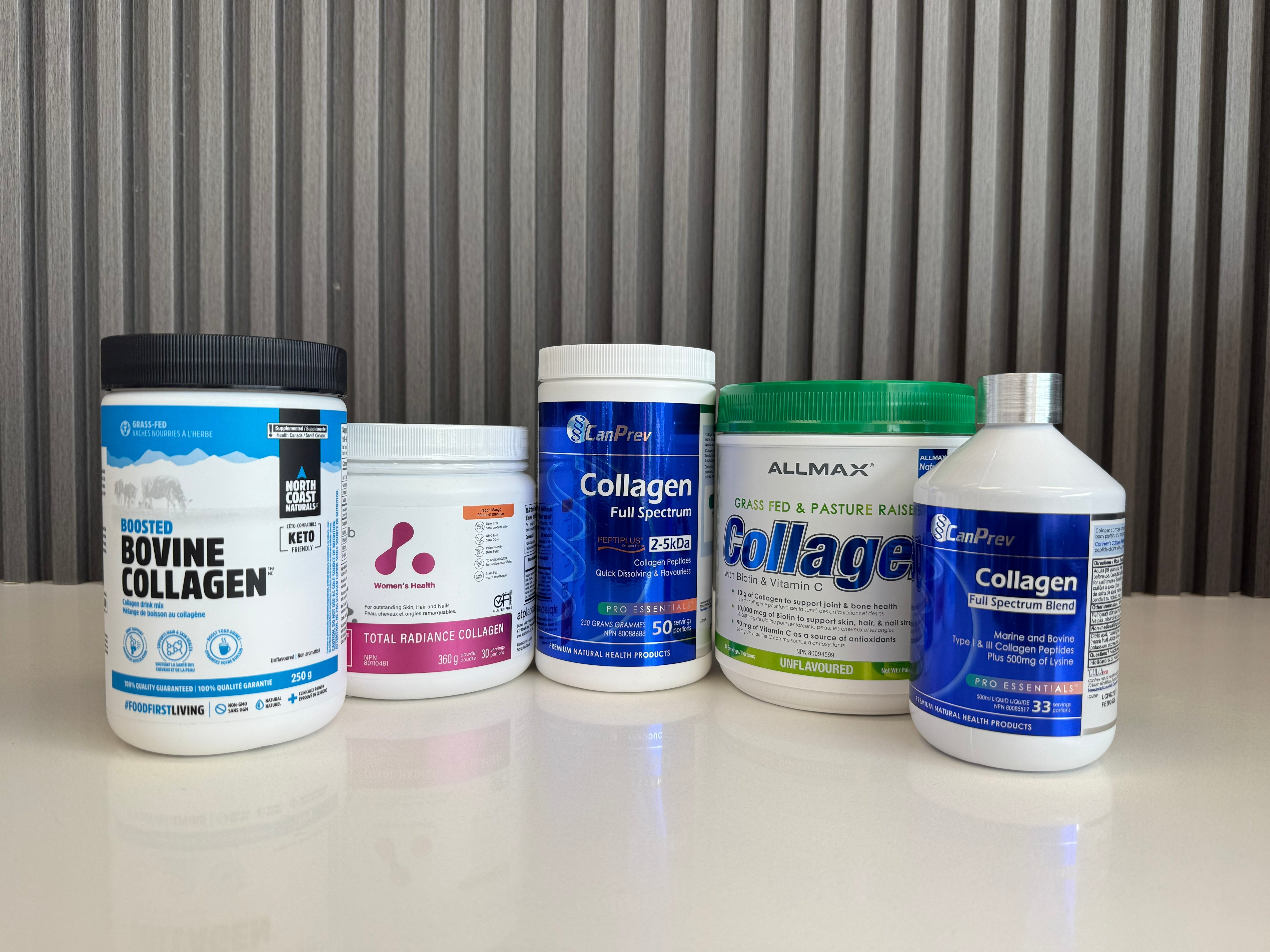
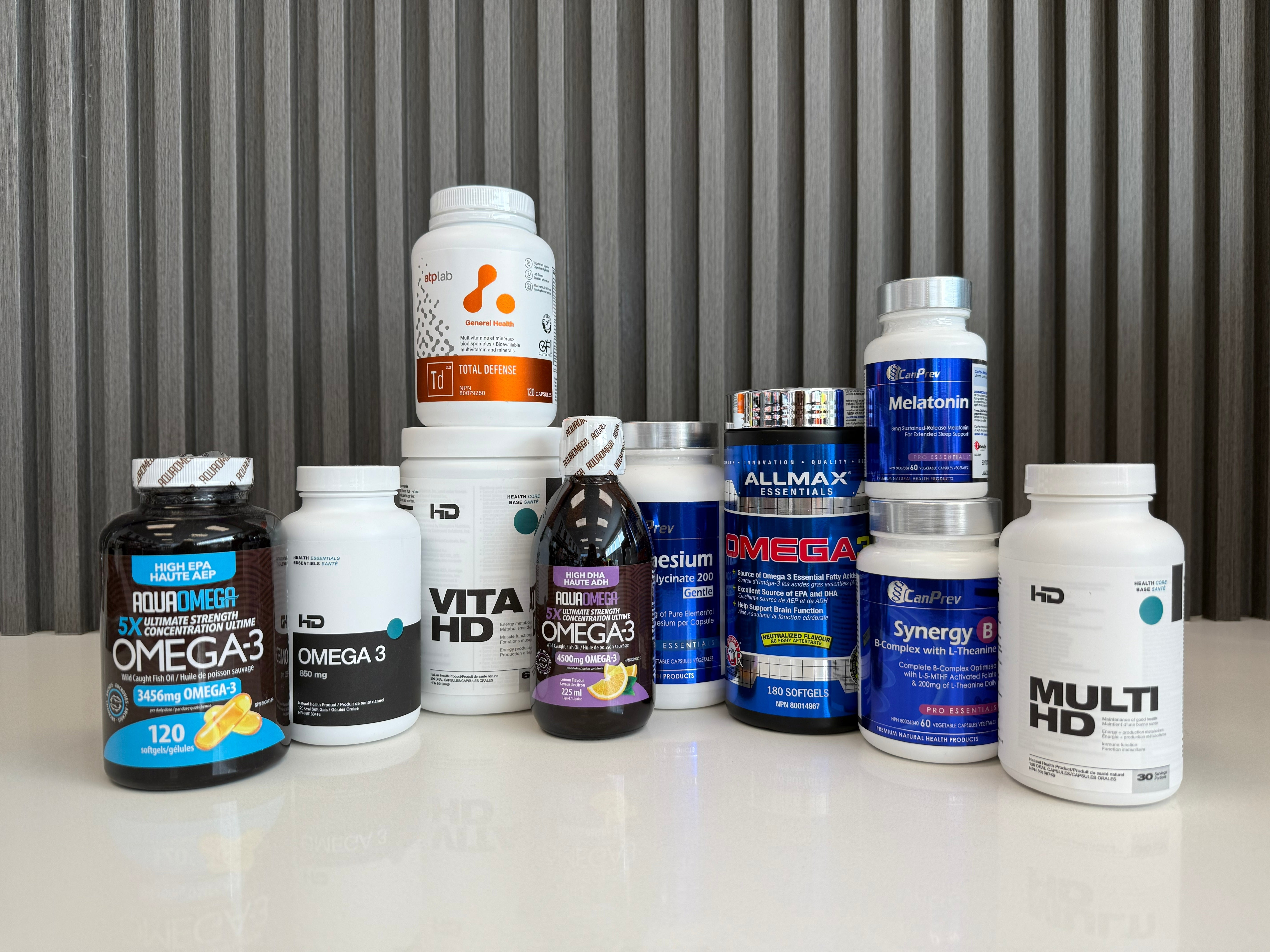
Leave a comment
All comments are moderated before being published.
This site is protected by hCaptcha and the hCaptcha Privacy Policy and Terms of Service apply.